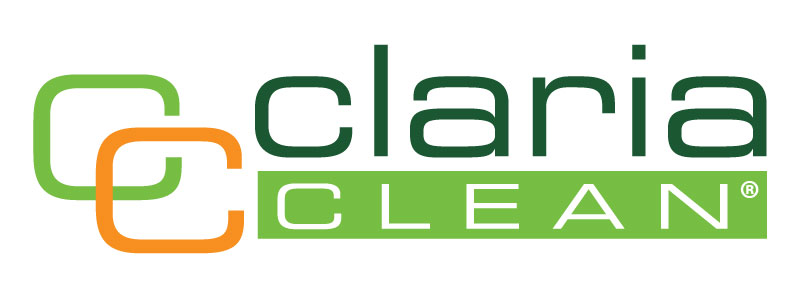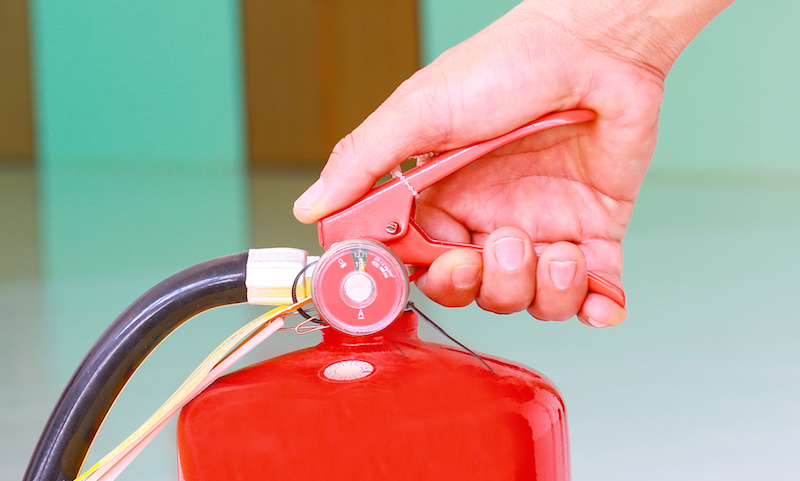As winter marches on through St. Louis, facility owners and building managers are busy trying to keep their employees and tenants warm. Although we may not readily associate the winter months with accidents involving fire, it’s crucial that building owners and facility managers keep fire safety in the forefront of their minds now and throughout the year.
The National Fire Protection Agency reports an estimated 20,090 commercial fires every year. These fires occur not only in office buildings but also in mercantile properties, high rises, and more.
Don’t let your building become part of this year’s statistics. Take these 4 precautionary measures to ensure that your business won’t go up in flames:
Protect the Perimeter of Your Building – First, check the perimeter of your building. You will want to keep an eye out for any material that could burn quickly, including paper, trash, wood, and propane tanks. While you’re outside, ensure that your landscaping is well-maintained and free of weeds. In the event of a fire, weeds can spread the flames quickly.
Take Care of Your Building’s Interior – Once you’ve checked the perimeter of your buildling, ensure that the inside of your building is safe as well. Check that any flammable items or liquids are stored inside appropriate containers so they won’t catch fire. This includes paper, cloth, rubber, and building materials. Also, keep your extension cords in good shape and your motorized equipment maintained. If any of your wiring is malfunctioning, have a qualified contractor install or repair it. Faulty wiring can be the culprit of many fires.
Equip the Building with the Appropriate Fire Extinguisher – Not all fire extinguishers are made equally, which is why it’s important to determine the best type for your building. Here are the different types of fire extinguishers and what they combat:
- Class A – Extinguishes ordinary combustibles such as wood, paper, cloth, rubber, etc.
- Class B – Extinguishes flammable liquids including gasoline, fuel oil, cooking grease, etc.
- Class C – Extinguishes fires started by energized electrical equipment including fuse boxes, wiring, electrical motors, and more.
- Class D – Extinguishes combustible metals such as magnesium, sodium, and zirconium.
Practice Fire Safety Measures – This includes chekcing your smoke detectors, fire extinguishers, and sprinklers twice a year. Take the time to show your employees how to use them if you don’t already know.
Sometimes disasters happen, even with solid preventative measures in place. If a fire breaks out in your premises, stop what you’re doing, take the stairs instead of the elevator, and follow your emergency action plan.

